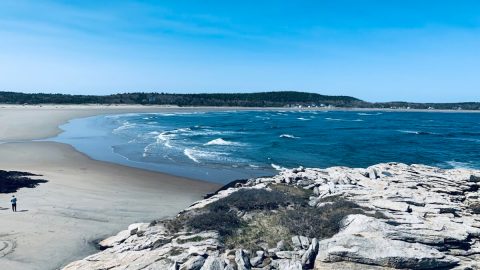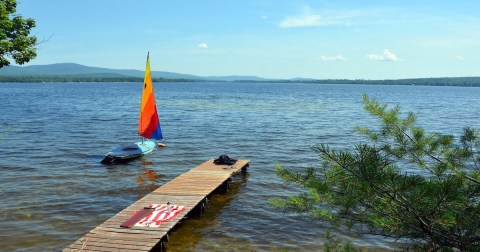These 6 Lakes In Maine Are At Highest Risk For Toxic Blue-Green Algae
If you’ve been keeping up with the news you’ve likely heard about the number of pets who have been killed by exposure to harmful algae found in places like North Carolina and Texas. While it’s seemed like this would be relegated to other parts of the country, Maine has a high probability of joining the list of states affected by it. Many lakes in Maine see algae blooms every year, and officials are closely watching our waters to make sure residents are aware of any blue green algae in Maine.


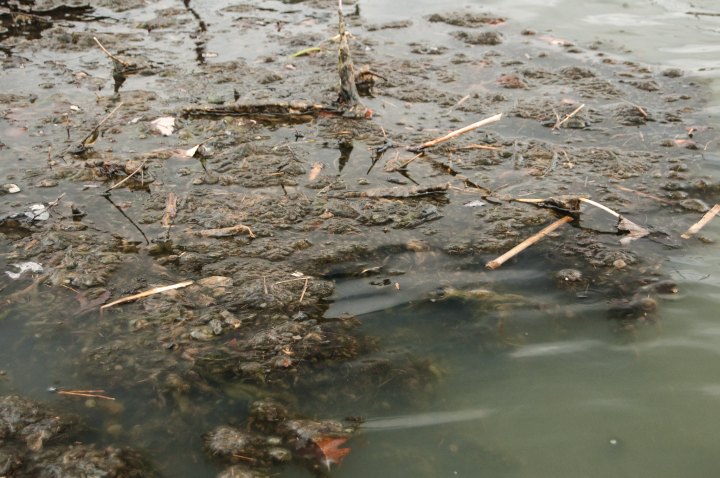

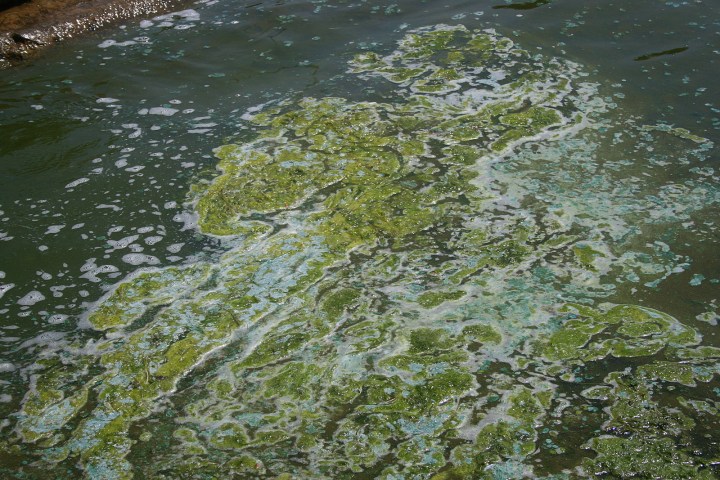
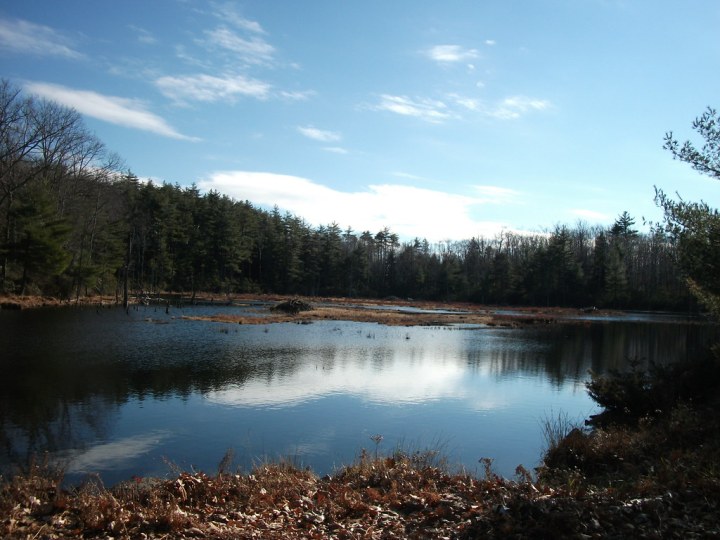
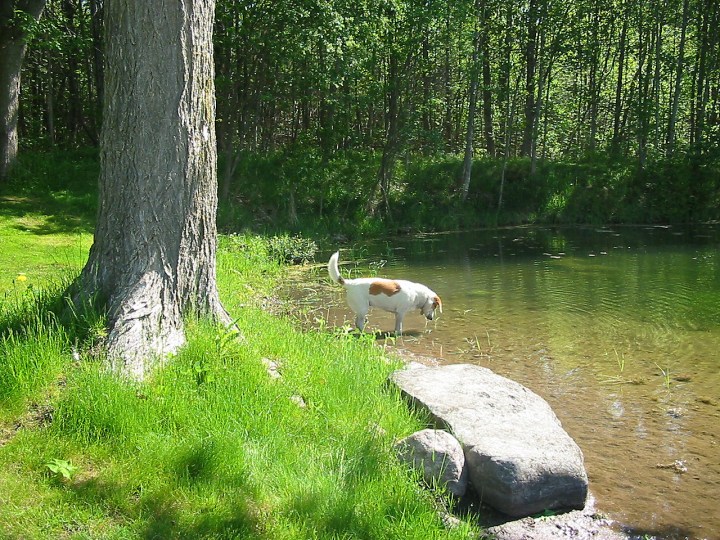
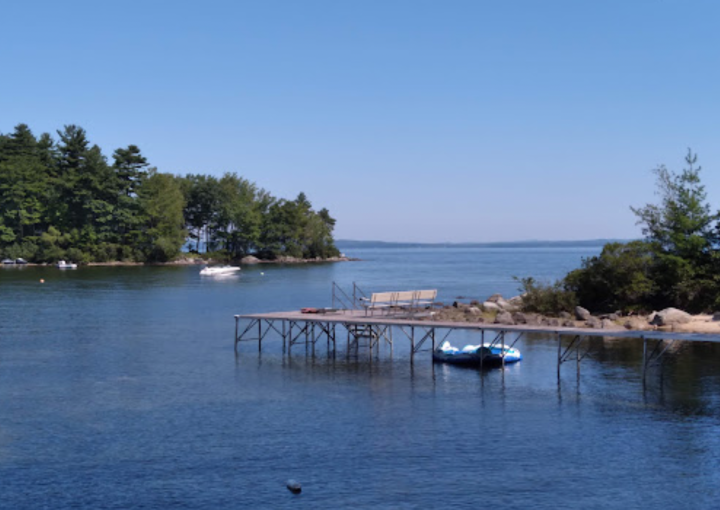

To keep track of the Maine lakes at the highest risk of cyanobacteria advisories, check out the official state website.
If you’ve been affected by any of the toxic blue green algae in Maine, we’d love to hear your experience. Tell us about it in the comments below.
OnlyInYourState may earn compensation through affiliate links in this article. As an Amazon Associate, we earn from qualifying purchases.
More to Explore
Lakes in Maine
What are the most beautiful lakes in Maine?
The most beautiful lakes in Maine are:
- Sebago Lake, Cumberland County
- Saddleback Lake, Rangeley
- Cobbosseecontee Lake, Kennebec County
- Moosehead Lake, Piscataquis County
There are lots of beautiful lakes in Maine- so many, in fact, that you'll want to make more than one trip to see them all! Some of the most striking lakes include the peaceful Sabbatus Pond, found in Androscoggin County, Jordan Pond, located in lovely Acadia National Park, and gorgeous Moosehead Lake in Piscataquis County. There's no wrong choice when it comes to lakes in Maine. Whether you choose to check them out in the warm months, go ice skating in the winter, or enjoy the autumn foliage surrounding the bodies of water, you'll be very glad you made the trip.
Which state parks should I visit in Maine?
These are the best stake parks to visit in Maine:
- Peaks-Kenny State Park, Dover-Foxcroft
- Baxter State Park, Millinocket
- Lamoine State Park, Lamoine
- Aroostook State Park, Presque Isle
- Quoddy Head State Park, Lubec
With so many state parks in Maine, it may seem difficult to choose which to head to first. If you like a peaceful, quiet feeling when you head to the great outdoors, you will love Peaks-Kenny State Park on Sebec Lake. It has a limited number of campgrounds, so if you decide to stay overnight, you'll be able to enjoy a nice, tranquil atmosphere. You can also go to Quoddy Head State Park in Lubec for a unique experience. This is the easternmost point of land in the United States, so it's a special place to be able to say you've been!
What are the best waterfall hikes in Maine?
The best waterfall hikes in Maine are:
- Snow Falls, Oxford County
- Rumford Falls, Oxford County
- Smalls Falls, Oxford County
- Angel Falls, Franklin County
- Coos Canyon, Oxford County
Maine has some of the best waterfall hikes around! Check out this incredible hike to waterfalls in Maine that will show you lots of different water features. If you take the whole hike, it's about four hours to walk, so make sure that you're prepared for spending the whole afternoon enjoying gorgeous natural waterfalls.



